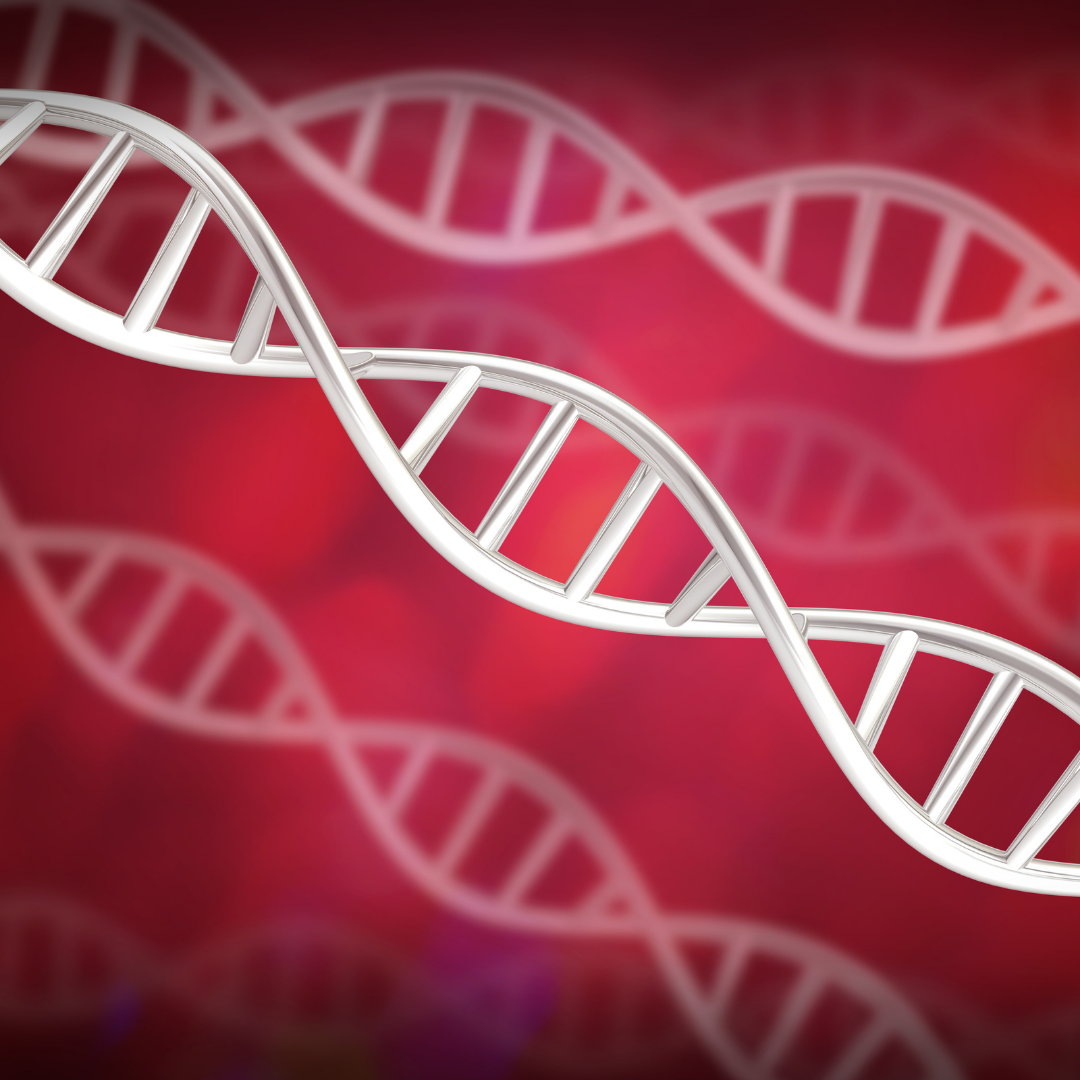What are sirtuins and can they help us to live longer?

You might have heard of “skinny genes” — genetic components that can help us stay thin, age well, and live longer. Sirtuins are a family of proteins that might do just that. Let’s learn about the science behind sirtuins and how they affect aging.
What are sirtuins?

Sirtuins aren’t genes at all, they’re proteins. Humans have seven of them, called SIRT1, SIRT2, SIRT3, and so on. Each sirtuin plays a slightly different role in protecting our bodies from the effects of aging.
|
PROTEIN |
EFFECT |
|
SIRT1 |
Helps strengthen the membrane inside blood vessels and protects against heart disease, cellular dysfunction, and obesity. |
|
SIRT2 |
Regulates the cell cycle and protects against tumors. |
|
SIRT3 |
Helps control the lipids in your blood, protecting against effects of high cholesterol. |
|
SIRT4 |
Regulates insulin sensitivity, fights oxidation, and suppresses tumors. |
|
SIRT5 |
Detoxifies ammonia, supporting liver and kidney function. |
|
SIRT6 |
Releases a protein that activates the immune system. Also supports DNA and metabolism. |
|
SIRT7 |
Repairs DNA damage. |
Put together, we can see that sirtuins are super important for protecting our bodies from lots of different types of damage. They play a role in managing our cellular and DNA health, and can help protect against the causes of major diseases.
Sirtuins can also help us use energy more efficiently, especially when we’re running low on calories.
Because of all the good stuff that sirtuins do in our bodies, scientists are studying the exact role sirtuins play in aging. Although there’s no concrete evidence just yet that sirtuins can help people to live longer, healthier lives, there are some promising studies in the works.
How sirtuins could affect aging

One study found that the plant phenol resveratrol can activate most sirtuins. We know that our bodies use resveratrol to fight fungal infections and oxidative stress, and help heal wounds. The mechanism for this might be sirtuins. The resveratrol activates sirtuins, and they do all the work of healing our bodies.
To test this theory, scientists fed mice a high-resveratrol diet. They found that resveratrol does extend the life of obese mice, but not of mice that maintain a healthy weight. Not even if they’re give more resveratrol from a very young age. That suggests that resveratrol can help reduce the damage caused by lifestyle factors like diet and fitness levels, but it doesn’t add any extra benefit you can’t already get from leading a healthy lifestyle in the first place.
It isn’t only resveratrol that can activate sirtuins. Lab studies have found that calorie restrictions can also trigger sirtuin activity. However the exact role of low-calorie diets and sirtuins is still being studied. Some studies show that restricting calories in yeast extends its lifespan even without sirtuins, while other studies show no improvement in lifespan even with low-calorie activated sirtuins.
A final study found that when mice were genetically modified to have more sirtuins, they did live longer. It could be that we naturally only have enough sirtuins to help maintain our bodies if we make bad lifestyle choices. But by creating more sirtuins, we start to see an impact on our longevity.
How to boost your sirtuins

Right now, we can’t make our bodies create more sirtuins. What we can do is eat foods high in resveratrol to help activate the sirtuins we do have. These foods are sometimes called “sirtfoods” because they may help improve sirtuin functions.
Examples of foods high in resveratrol include:
- Kale
- Celery
- Onions
- Strawberries
- Blueberries
- Cranberries
- Dark chocolate
- Peanuts
- Pistachios
- Grapes
You can also get resveratrol from supplements.
Researchers are still figuring out the effects of resveratrol and sirtuins on longevity. Right now there’s no guarantee that increasing your intake of resveratrol will have a positive effect on longevity. However the studies on mice suggest that increasing your resveratrol intake could help to counteract the damage done to your cells due to lifestyle factors and aging.